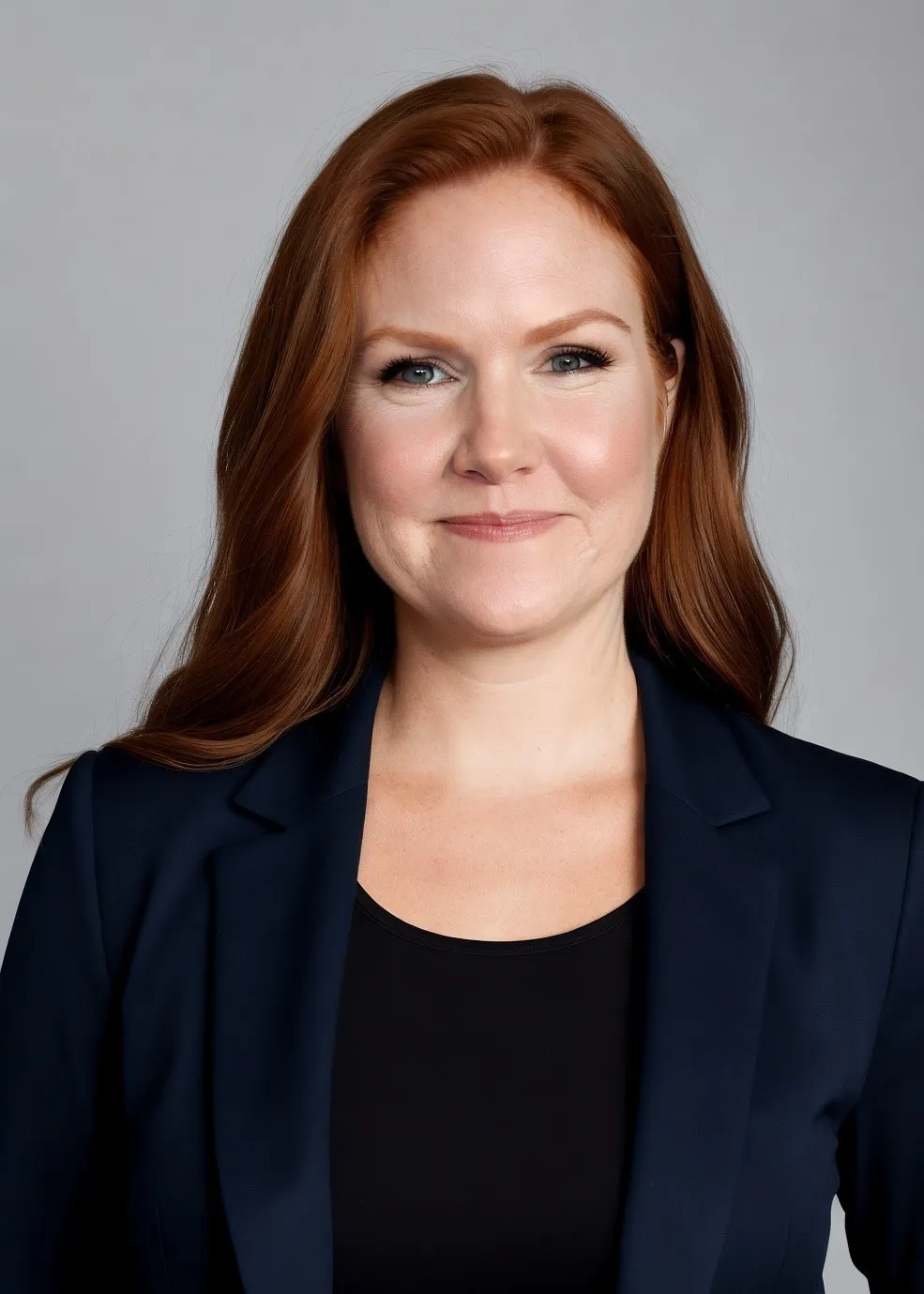
GSE Colloquium in Early Learning Systems: Katharine Sadowski
The Effect of the Minimum Wage on Childcare Establishments
Katharine Sadowski - Cornell University
Childcare is essential for working families, yet it remains increasingly unaffordable and inaccessible for parents and offers poverty-level wages to many employees. While research suggests minimum wage policies may improve the welfare of low-wage workers, there is also evidence they may increase firm exits, especially among smaller, low-profit firms, which could reduce access and harm consumer well-being (Brown & Herbst, 2023; Dube et al., 2016; Luca & Luca, 2019). This study examines this potential trade-off in the context of the childcare industry, where strict staffing regulations may result in different minimum wage policy effects than in previously studied industries. Using variation stemming from state-level minimum wage increases between 1995 and 2019, I implement a border-discontinuity design to measure the potential impact on the stocks, flows, and composition of childcare establishments. I find that while aggregate establishment stocks remained stable, establishment-level turnover increased and employment decreased. Despite this, county-level employment stayed constant. I reconcile these findings by showing minimum wage increases led to compositional changes as larger establishments in the waged sector were more likely to enter and less likely to exit than smaller firms. Finally, I show the minimum wage may negatively affect the self-employed sector resulting in fewer owners with advanced degrees and more with only high school education. My findings suggest minimum wage increases change the composition of firms in the waged and self-employed sectors which could impact quality and access.
Katharine Sadowski is a doctoral candidate in Public Policy with a minor in Data Science at Cornell University. She is an empirical microeconomist focused on education policy, with an emphasis on early childhood education. In her research, Katharine explores how local, state, and federal policies affect the childcare industry and, in turn, shape the experiences and outcomes of families and children. She employs a variety of methodological tools including econometrics, natural language processing, and machine learning. Her research has been funded by the Russell Sage Foundation and Horowitz Foundation, and she is an approved Census Bureau researcher.
